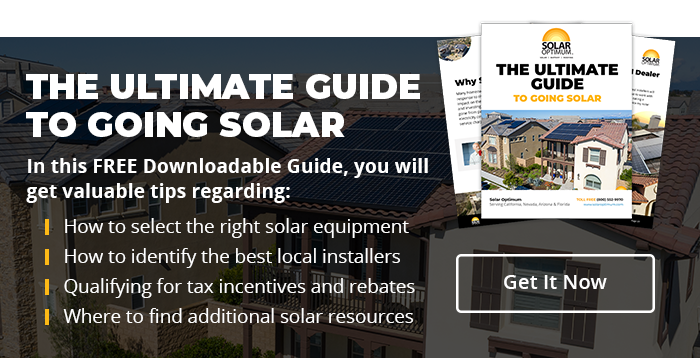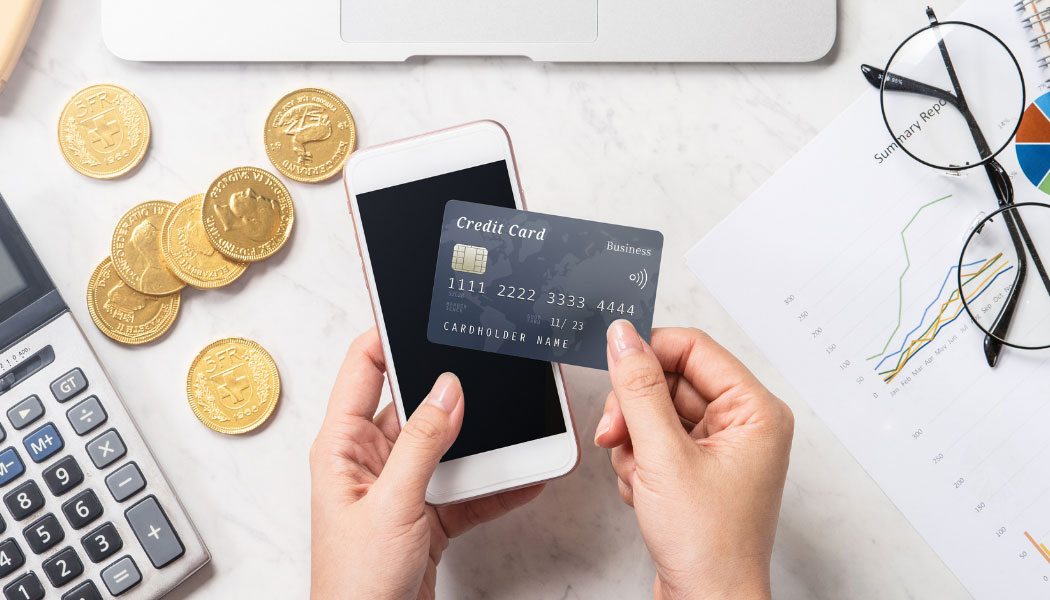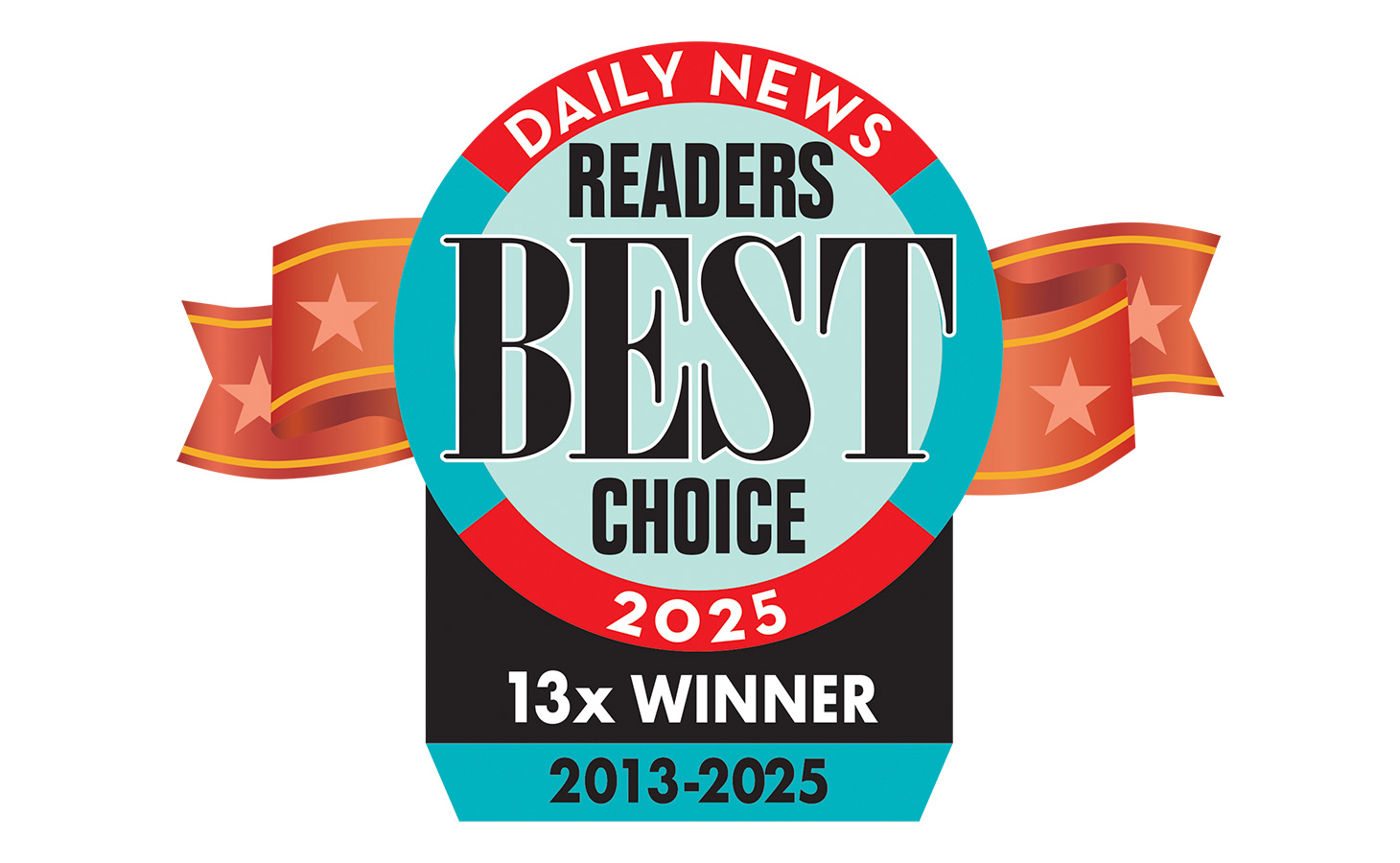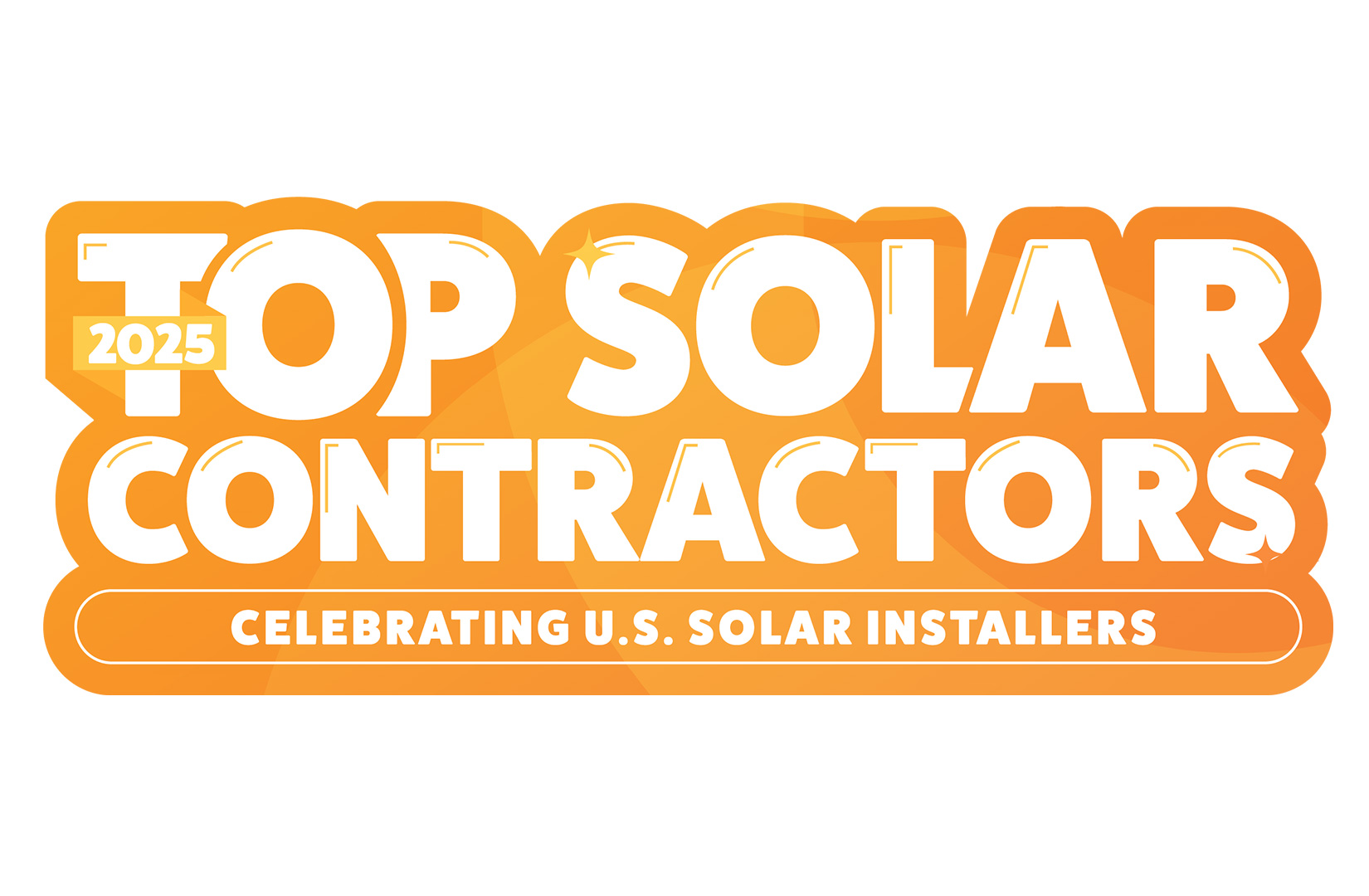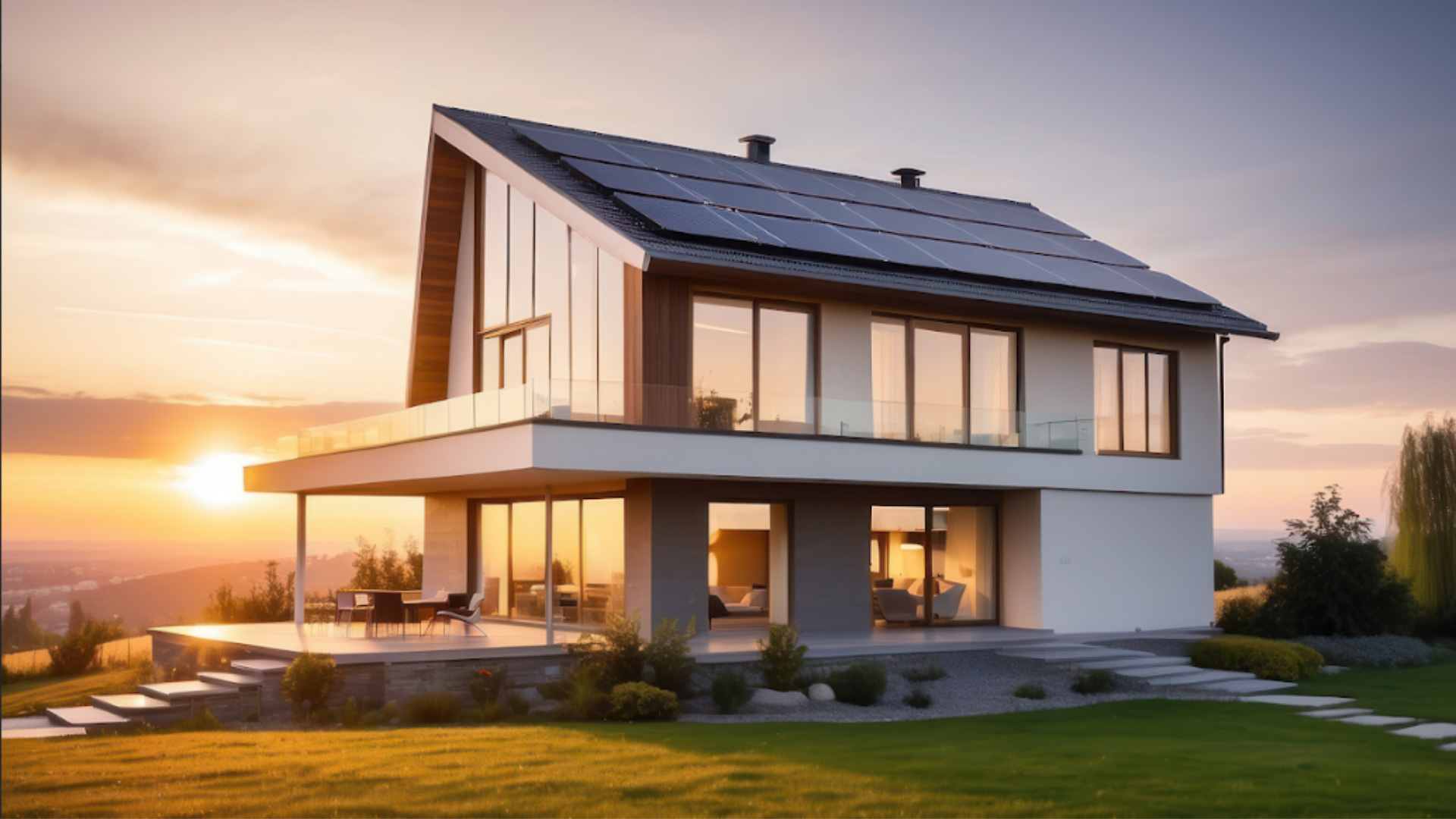Adding solar panels to your Florida home can bring about a multitude of advantages, both for the environment and your finances. Solar panels are a powerful tool in reducing or even eliminating your electric bill, and they can even boost the value of your property. However, it’s essential to approach this decision with a clear understanding of the costs and financing options available.
This guide will break down how to pay for solar panels in Florida and review the pros and cons of each option so you can make an informed decision.
The Cost of Solar Panels in Florida
Solar panels are indeed a valuable investment, but that doesn’t mean they’re cheap. In the Sunshine State, the price of a solar panel system can range from $7,800 to $26,000, depending on its size and specifications. While that might seem daunting, there are a number of ways to pay for solar panels in Florida that can work for almost any budget. Some payment methods even allow you to claim a 30% federal tax credit, which can help offset some of the costs significantly.
Paying for Solar Panels in Florida
Now, let’s explore the three primary methods for paying for your solar panels in Florida, along with their respective advantages and disadvantages.
Cash Payment
Opting to pay for your solar panels in cash offers substantial long-term benefits. However, this route requires a significant upfront investment, which may not be feasible for everyone. If you can manage the upfront cost, you stand to save thousands of dollars that would otherwise go towards interest payments on a solar loan.
Pros of paying with cash:
- No interest payments or loan fees
- Maximizes return on investment
- Enhances property value
- Eligible for solar tax credits
Cons of paying with cash:
- High upfront cost
- You are responsible for maintenance outside of warranty coverage
Financing with a Solar Loan
A solar loan is an excellent alternative for those unable to make a substantial upfront payment. Solar loans, much like a mortgage or car loan, allow you to own your solar panels while making manageable monthly payments over an extended period. Solar panel loans are available through third-party providers or the solar provider itself.
Pros of financing with a solar loan:
- Reduced upfront costs
- Increased property value
- Eligible for solar tax credits
Cons of financing with a solar loan:
- Requires a credit check for approval
- Increases total investment due to interest rates
- May involve loan fees and other costs
Solar Lease
For individuals seeking to sidestep upfront costs and maintenance responsibilities, a solar lease may be a viable choice. With a solar lease, a solar leasing company owns your equipment and pays for the installation and maintenance of your solar panels. In exchange, you can use any power the panels produce while you make monthly payments to the company until the lease term concludes (typically after about 15-25 years).
Pros of a solar lease:
- Low upfront costs
- Savings on energy bills
- Responsibility for repairs and maintenance rests with the solar leasing company
Cons of a solar lease:
- Not eligible for solar tax credits.
- Leases do not increase property value
Pay Your Way with Solar Optimum
No matter how big or small your solar system is, your chosen financing option profoundly impacts your overall cost. At Solar Optimum, our knowledgeable Energy Consultants can provide expert guidance tailored to your unique needs, helping you select the best financing option for your lifestyle and budget. Contact us today to learn more and get a customized solar quote for your Florida home.
